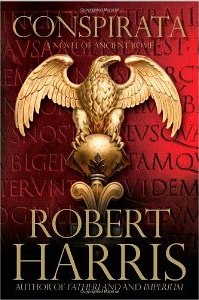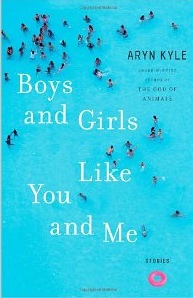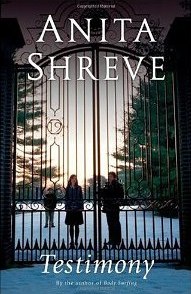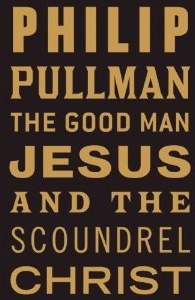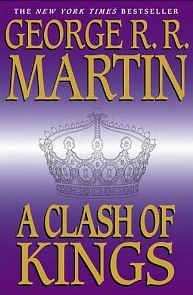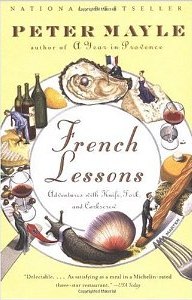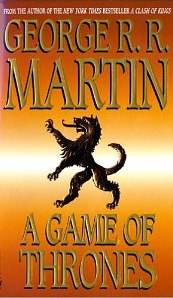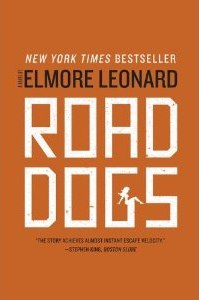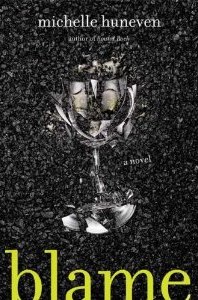A courageous Jeff Abbott recommendation, paired with Wolf Hall. This YA title has snap and vigor and a neatly-imagined world in which Darwinist biotech super-powers in England, France, and Russia face down the Steampunk forces of Germany and Austria-Hungary. Amidst the storm of war, a boy meets a girl. Drama ensues, as the girl has pluck and initiative and the boy has dash and a very interesting title.
Wolf Hall, I think, is clearly meant to open a series, and our impression of the book will change when the next book appears. Leviathan is explicitly the introduction of a series, and perhaps is best seen as a story fragment.
Yet here we are in 2010, and it seems the very definition of YA is a subplot that teaches us that a girl can be anything she wants to be and that gender doesn’t matter. OK: fine. But, if we’re going to restate this against the First World War, might we spare a moment or two to think about class and poverty, about the misery of the shtetl and the pogrom and the terrible nationalism that still torments the Balkans? Might we mention the trenches and the machine guns? The idiot generals? Our heroes are isolated, but their isolation also shields us from the meaning of the Great War and their desire for peace is just a prissy preference, not the burning pacifism of 1914.
The fresh debate over whether the world would have been better had Great Britain sat on its hands and let the Germans win is not mentioned, either; the War is treated as a mistake compounded by German perfidy. At one point, our Austrian noble remembers that he speaks many languages – French, English, Latin – more fluently than he speaks the language of his villagers: but which language do his villagers actually speak? Yes, it’s YA and that burdens us with some constraints, but the kids don’t need to understand every detail. They like not understanding, the like working it out. Even Piglet lived under the sign “Tresspassers W”.
Still, it’s a richly imagined world filled with likable characters and entertaining action. By the end, Westerfeld has sold us on nobles and commoners in the 20th century and – even better – has us understand why it is a grand thing in this world to be a ship’s captain or a Lord of the Admiralty but a much grander thing to be the Keeper Of The London Zoo.
April 3, 2010 (permalink)
